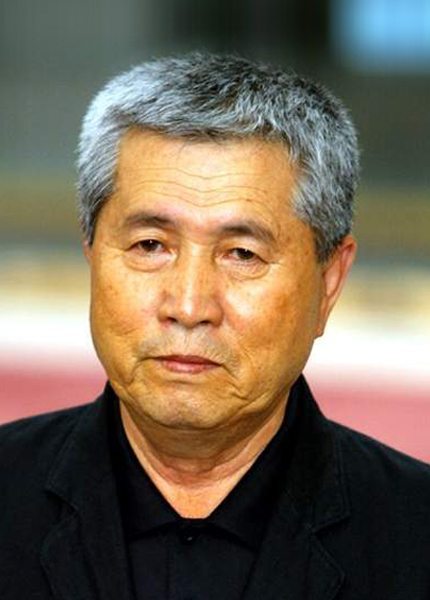Classe 1936, Im Kwon-taek è spesso considerato il padre del cinema coreano e la sua opera è ritenuta un tesoro nazionale della Corea del Sud. Figlio di partigiani (cosa che gli costò discriminazione sociale all’epoca della divisione del paesea causa del montante anticomunismo) entrò giovanissimo a Chungmuro (la Hollywood coreana) per guadarsi da vive-re. Gira il suo primo film, Farewell to the Duman River, nel 1962. Dopo aver diretto dozzine di pellicole commerciali, fu solo negli anni Settanta che matura una svolta personale, segnata dal desiderio di raccontare e preservare attraverso il cinema storia e cultura nazionali coreane. La fase matura dell’opera di Im s’inaugura con capolavori come The Genealogy (1978) e Mandala (1981). A partire dagli anni Ottanta i suoi film sono invitati in concorso a Berlino (Gilsoddeum,1986) e Venezia (Ssibaji,1987, premio per la miglior attrice a Kang Soo-yeong). Nel 1993 Seopyonje, toccante celebrazione dell’arte performativa tradizionale del pansori, diviene il più grande successo coreano di sempre. Nel 2000, grazie a Chunhyang, Im diventa il primo regista coreano invitato in concorso al Festival di Cannes; due anni dopo, sempre a Cannes, Im vince il premio per la miglior regia con Chihwaseon. Completa il suo centesimo film, Beyond the Years, sorta di seguito di Seopyonje (primo film coreano ad attrarre più di un milione di spettatori nella sola Seoul). Ora Im Kwon-taek si prepara ad elargire un'estetica del tutto nuova con il suo centoduesimo film Revivre.

